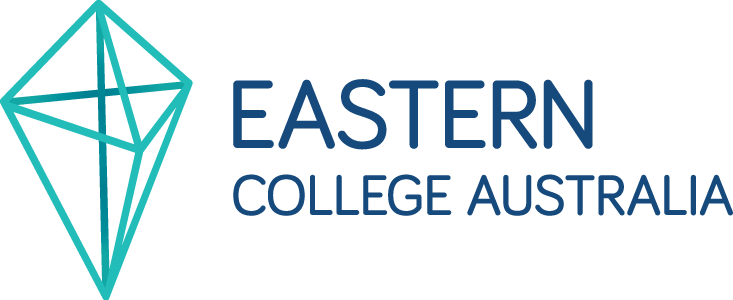To outline how grievances, disputes and complaints are managed.
Academic matter - any matter relating to student progress, assessment, and curriculum and awards in a course of study.
Non-academic matter - any matter, concern or complaint which does not relate to student progress, assessment, curriculum and awards in a course of study and includes complaints in relation to personal information that the provider holds in relation to the student.
Student - throughout this policy, a student is understood to encompass a current student, a past student, and any prospective students - that is a person who is considering enrolling at the college.
Grievance - throughout this policy, the term grievance shall include a complaint, dispute or the appealling of a decision made by the College or its representative.
Complainant - a staff member or student who wishes to raise a grievance.
The College encourages persons with a grievance to first attempt to address the grievance directly with the party or parties involved. If that is inappropriate, impractical or the complainant is not comfortable raising the grievance directly, then they may raise a grievance:
- Students who wish to raise a formal grievance should follow the procedures outlined in the Complaints & Grievance Procedures - non-academic matters or academic matters - as appropriate to the nature of the grievance. Staff should refer to the Anti-Bullying Policy or follow the same process as far as practicable that is set out in the non-academic matters procedure, or
- Students who wish to raise the grievance informally may do so - orally or in writing by contacting the Registrar. Grievances raised orally may be dealt with informally. Where grievances are resolved informally, a record of the nature of the grievance and agreed outcome will be made and kept by the College and a copy sent to the complainant.
The process for the notification and resolution of a grievance related to sexual misconduct is outlined in the College's Sexual Assault and Sexual Harassment Policy.
The College will always seek to deal with grievances in a constructive, confidential and timely manner.
Access to Grievance Procedures
All students have a right to access the grievance procedures for academic and non-academic matters without disadvantage, and either without charge or at reasonable cost to students. The grievance procedures shall be applied consistently, fairly and without reprisal. This right applies regardless of the mode of study, the location of the campus, or the student's place of residence. The College does not charge for any internally resolved grievances.
The College assumes the parties involved act in genuine good faith with a view to resolution. It acknowledges it has an obligation to ensure students are not disadvantaged by the procedures required in the grievance investigation and resolution process. Therefore, students may request any, or all, of the following additional services:
- provision of a complete copy of the grievance procedures, posted by regular mail services or emailed to them, if they are not already in possession of a copy and do not have access to the website.
- reply paid envelope(s) to minimise the cost of lodging notices of grievance, requests for a formal review of an investigation or they submission of information to be considered in the context of the review;
- a personal meeting arranged at the Wantirna campus or at another mutually agreed location; or
- telephone calls or conference arrangements initiated by the College to facilitate information gathering, in lieu of a personal attendance at a meeting.
- access to an independent professional advice, advocacy and other support service.
- provision for review by an appropriate independent third party if internal processes fail to resolve a grievance.
The student always has the right to appeal to an independent third party.
The assessment of all grievances will commence within ten (10) working days of the grievance being received by the College. Grievance investigations should be completed within 20 business days wherever possible, with the complainant updated and provided an explanation of the delay if this is not possible. The process to appeal a decision or outcome of the grievance procedure is detailed within each document. If a formal grievance or appeal is upheld, any action required shall be initiated promptly.
